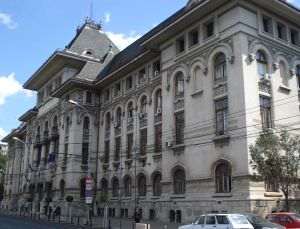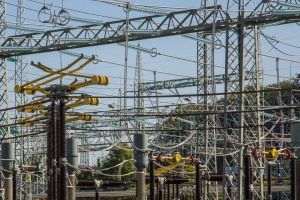Climate change has doubled the risk of torrential rains like those that recently caused devastating floods in Central Europe, according to a report published Wednesday by the World Weather Attribution (WWA) group. The report stresses the need for urgent action by policymakers to stop global warming, warning that such phenomena will become more frequent if swift action is not taken. This month's flooding was the worst in Central and Eastern Europe in two decades, resulting in 24 deaths and significant damage. Cities were covered in mud and debris, buildings were damaged, and collapsed bridges resulted in repair costs running into billions of dollars. According to the WWA report, Cyclone Boris, which brought the devastating rainfall, caused the heaviest rains ever recorded in Central Europe. Scientists from the group concluded that climate change has doubled the likelihood of such torrential rains, which are now 7% more intense. "These floods are clear evidence of the devastating effects that fossil fuel-driven global warming is having on our planet," said Joyce Kimutai, a researcher at the Grantham Institute at Imperial College London and co-author of the study. She pointed out that until energy sources such as oil, gas and coal are replaced by renewable energy, storms such as Cyclone Boris will unleash increasingly heavy rains, increasing the risk of devastating floods. The researchers explained that although the combination of weather phenomena that caused the storm was unusual - with cold air moving over the Alps and warm air coming from the Mediterranean and Black Seas - climate change has intensified such events, making them more frequent and more dangerous. The report predicts that in today's climate, with 1.3 degrees Celsius of warming from pre-industrial levels, a similar storm may form once every 100 to 300 years. However, if global warming reaches the 2 degree Celsius threshold, which could be reached by 2050, such storms will bring at least 5% more precipitation and be 50% more frequent.
The report's findings put further pressure on political leaders to implement concrete and swift measures to limit greenhouse gas emissions, prevent worsening climate change and minimize the impact of extreme weather events on communities around the world.





























































